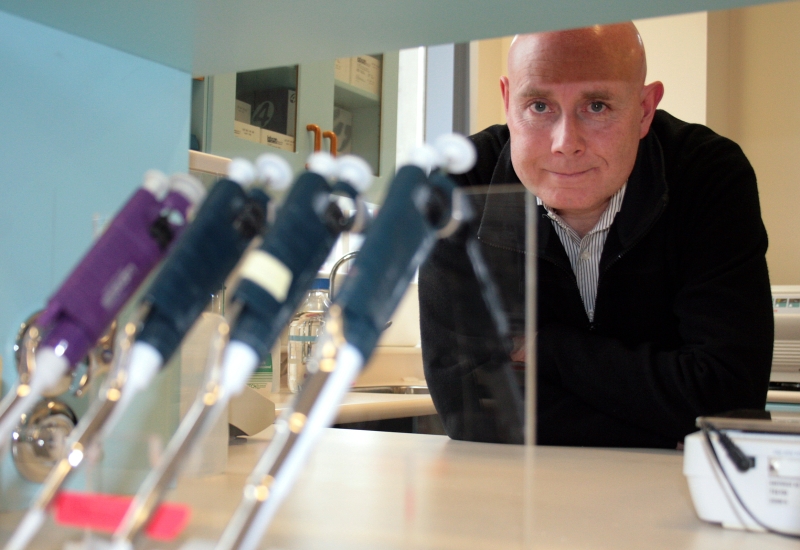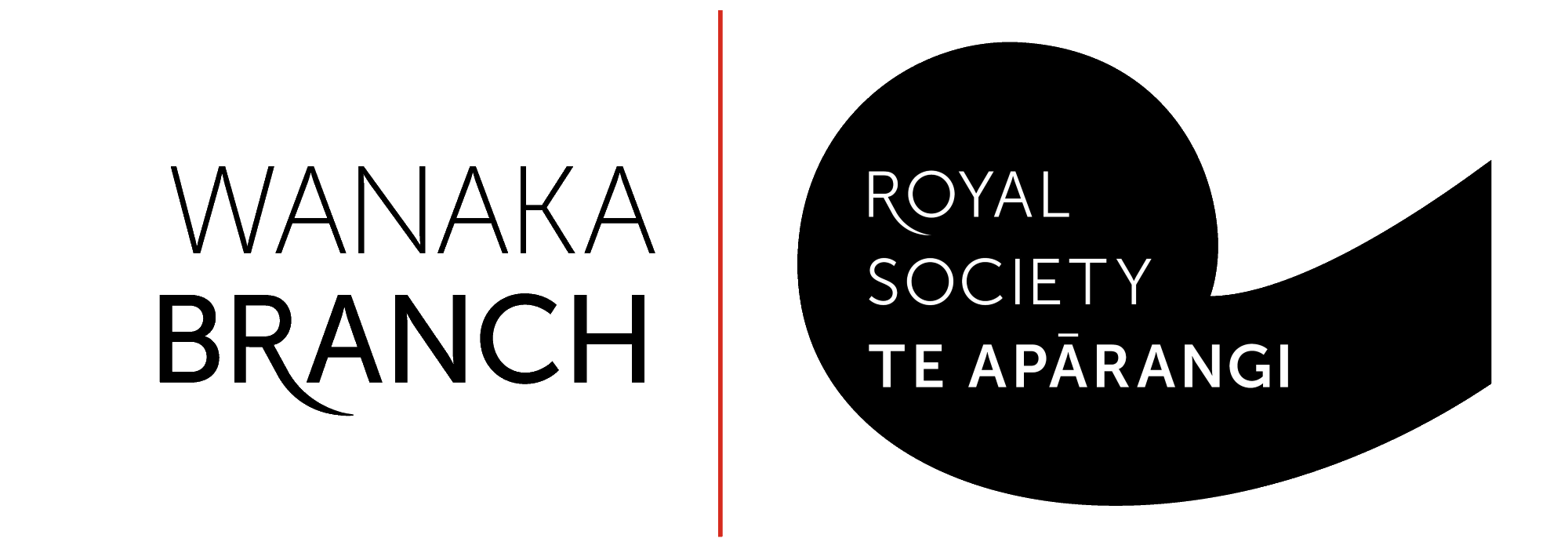Friday 11 October at 6.00pm, at the Presbyterian Community Centre, 91 Tenby Street, Wanaka.
Professor Neil J. Gemmell, Department of Anatomy, University of Otago, PO Box 56, Dunedin 9054, New Zealand.
Cost – $5 per person.
New Zealand has set an ambitious goal to eradicate mammalian predators from our shores by 2050. The key targets are possums, rats and stoats; species that cause enormous damage to our flora and fauna and in some cases are an economic burden to our productive sectors. As all of these species were introduced to New Zealand from elsewhere there is little sympathy nationally for any of them and their control and eradication has been a key component of conservation and animal health management in this country for decades. Thanks to the work of many, over many decades of incremental gain, we can control and even eradicate many of these species at increasingly large scales. The success of these programs has seen a variety of “pest-free” sanctuaries formed where many native species, including kiwi, kokako, and kaka now have a realistic chance for population persistence and recovery. Pest control with current technologies over significant spatial scales is definitely possible, but its time-consuming and expensive. Thus if we want to reach a goal of a pest free New Zealand by 2050 we need to come up with smart ways to control our pest problem – new gene technologies are one possible solution to our pest problem. In this talk I will explore some of the genetic solutions currently being considered, including gene drives. I will explore the opportunity and challenges associated with these technologies, the lessons we can apply from past efforts to control pest species in New Zealand and elsewhere, and some possible points of focus for future research.
Professor Neil Gemmell is the AgResearch Chair in Reproduction and Genomics at the University of Otago. A strong focus of his work is in synthesising genomics, population genetics and evolutionary theory to provide new tools and research services to key end users in the conservation and biosecurity arenas.


